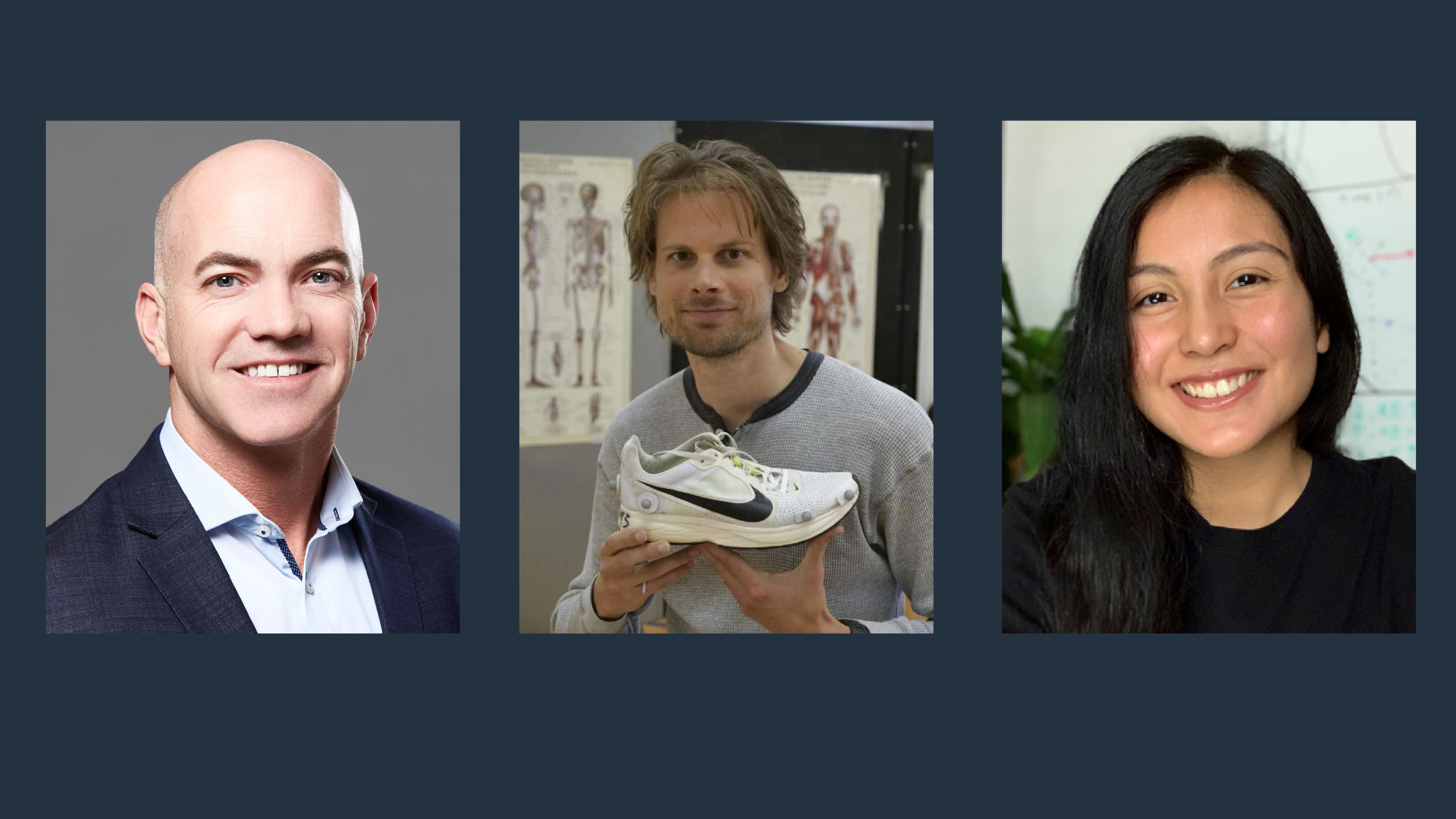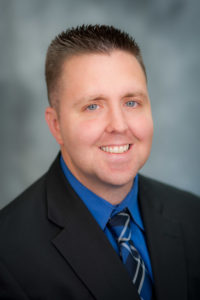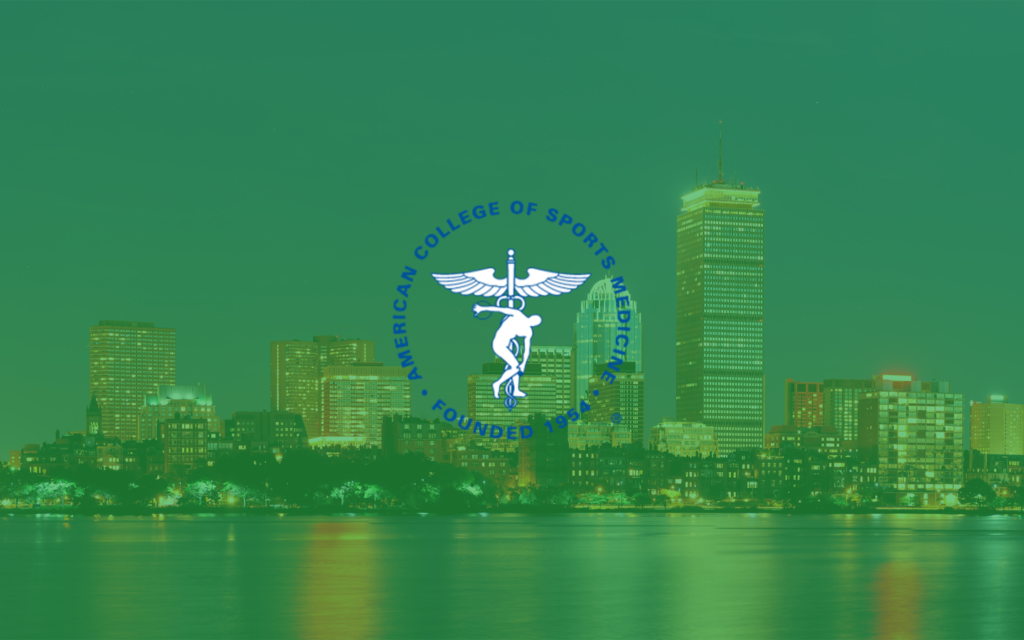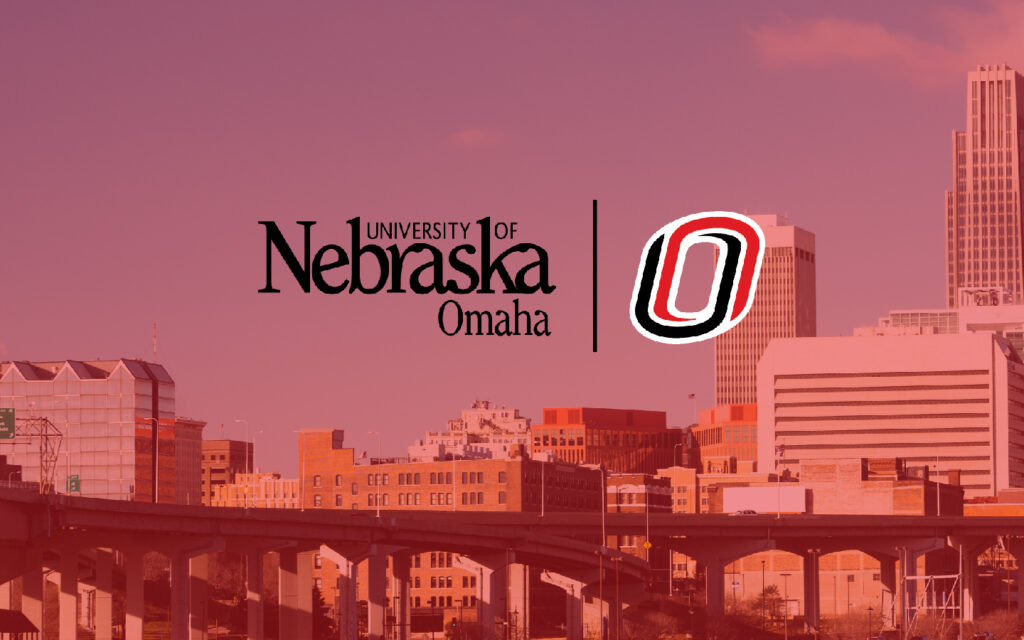Delsys at ISBS 2023
A Discussion on Integrated Technologies for Next Gen Sports Sciences
Join Delsys and the Deluca Foundation at ISBS on July 13th, 12:30-2:00pm for Lunch provided by the De Luca Foundation, presentations by three speakers and chaired by Matt Stock of UCF, and an Open Panel Discussion on Integrated Technologies for Next Gen Sports Sciences.
Martin Gibala
McMaster University Department of Kinesiology
Physiological Basis of Brief Vigorous Physical Activity to Enhance Health
Low cardiorespiratory fitness and sedentary behavior are independently associated with increased all-cause mortality and cardiovascular disease risk. The detrimental effects of physical inactivity are widely recognized but many individuals fail to meet current physical activity guidelines because of a perceived lack of time and barriers accessing equipment and facilities. Brief vigorous physical activity including various interventions deemed high-intensity interval training can enhance cardiorespiratory fitness and other health-related markers like traditional moderate-intensity continuous exercise. Although efficacious to improve various health indices, these protocols typically require dedicated leisure time and can be difficult to implement outside controlled laboratory settings. Emerging research has highlighted the potential health benefits of novel applications of brief vigorous physical activity. Such approaches can obviate the requirement for specialized equipment and alleviate the need for significant planning and allocation of leisure time for structured exercise. This presentation will discuss the physiological basis of brief vigorous physical activity to enhance health and consider simple and practical strategies to implement the approach.
Wouter Hoogkamer
University of Massachusetts, Amherst School of Public Health & Health Sciences
Limiting Factors During Steep Uphill Walking and Running
Wouter Hoogkamer explores answers to the practical question – when it’s okay to walk during uphill running race.
Daisey Vega
University of Houston Department of Health & Human Performance
To What Extent Can the Arms Alter the Mechanical and Metabolic Demands?
A historical question in the field of locomotion biomechanics has been “What explains the metabolic cost of walking and running?”. Models and experimental approaches such as the Inverted Pendulum model, Dynamic Walking and the Task-by-Task approach have tackled this question to explain the metabolic cost. These approaches have largely focused on the lower limbs and their role in displacing the center of mass trajectory. Yet, the role of the arms has largely been overlooked. In our research, we attempt to give the arms a more active role by increasing their neuromuscular demand during walking with potential to manipulate whole-body mechanics and metabolic demand. Such insights allow us to rethink the role of the arms during human movement and explore their potential benefits for rehabilitation and sports.
Matt Stock
University of Central Florida College of Health Professions and Sciences
Director of the IERPS at University of Central Florida and longtime Researcher of Neuromuscular Adaptations behind Exercise Rehabilitation, Dr. Matt Stock will be serving as Chairperson for our Open-Panel Discussion at ISBS.







